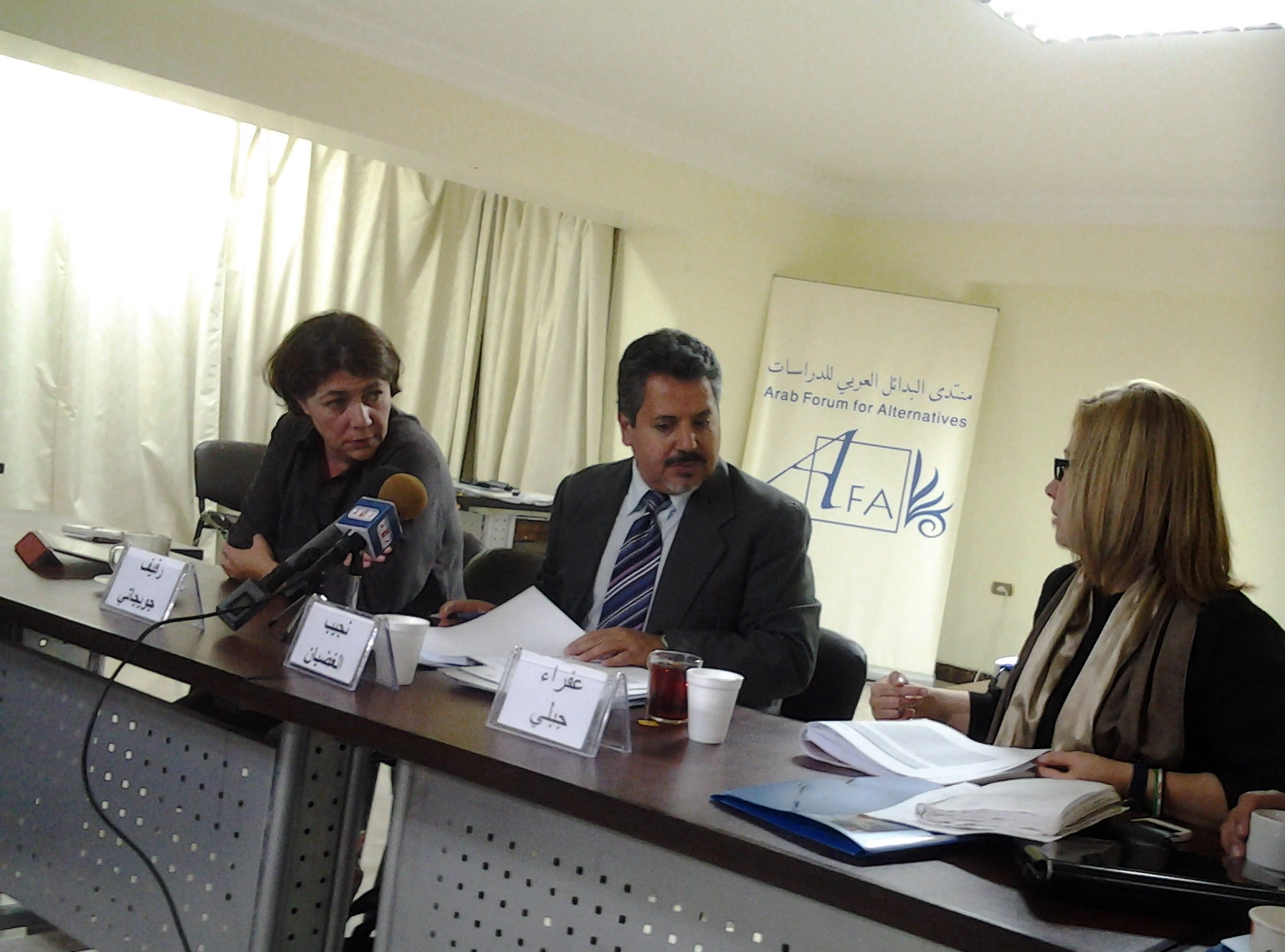The quandary of the constitution and Constituent Assembly
Ziad Bahaa Al-Din
Al-Shorouk newspaper
Even before the Supreme Administrative Court had transferred the Constituent Assembly case to the constitutional court on Tuesday, Bahaa Al-Din insists that the major challenge of the constitution will not be resolved by the expected court decision. Although the second Constituent Assembly has almost finished its long journey of writing the constitution draft, the writer believes that the document will not fairly represent all segments of society. It will rather display the minimal degrees of consensus required from Constituent Assembly members.
Although Egyptians now have a ready draft constitution, chances for opposing the preliminary version of this important document open up daily, in Bahaa Al-Din’s view. The root of complicated situation stems from earlier decisions made on 30 March 2011, when Egyptians voted for the constitutional amendments, writes Bahaa Al-Din. The writer bases his argument on the conviction that the formulation of the second Constituent Assembly, which lacked political diversity, contributed to the writing of a disappointing product, the current constitution draft. Regardless of the final court decision on the Constituent Assembly, the writer affirms that political powers should take a brief respite to define their areas of conflict and accord. To conclude, Bahaa Al-Din suggests that a calming pause will facilitate an informed decision to either start or finalise constitution writing.
A long awaited court decision
Mohamed Salmawi
Al-Masry Al-Youm newspaper
As he awaited the Supreme Administrative Court decision on the status of the Constituent Assembly, Salmawi recalls the rage flowing from different segments of society on some articles in the constitution draft. In his piece, the writer examines constitutional articles that are seemingly objectionable to judges, artists and intellectuals. As a starting point, Salmawi refers to an article that allows the president, the head of the executive authority, the right to appoint the head of the Supreme Constitutional Court. He states the article allows the dominant Islamist members of the Constituent Assembly to stack the judiciary.
The columnist states that the fury of almost all Egyptian artists stems from an article that calls for protecting the manners and traditions of the country. Salmawi criticises the article, elaborating that a country’s constitution should not include edicts on general behaviour. As for intellectuals, they denounce the article that allows the president to appoint a quarter of the proposed Egyptian Senate. The article completely excludes intellectuals and writers from the president’s wide choice of members. Salmawi believes that eliminating intellectuals in this regard reminds us of their exclusion, as a category, from the entire Constituent Assembly.
Egypt’s constitution
Emad Gad
Al-Tahrir newspaper
The electronic version of the constitution draft is constantly changing, when compared to earlier published copies. This has led to a state of confusion striking ordinary Egyptians who attempt to read the draft version of their country’s most important document, writes Gad. Although the continual adjustments to the online version prove the flexibility of the Constituent Assembly members, they also denote a sense of uncertainty lodging onto the members’ decisions on the wordings of the articles.
Salafi members of the body like Yasser Al-Borhamy and Younes Makhyoun have affirmed that articles, currently in the draft, conflict with the original articles decided upon during their discussion sessions. The writer also states that according to Amr Moussa, a Constituent Assembly member, many articles have been adjusted to other wordings after the publication of the constitution’s preliminary version. The writer suggests that the wording committee should have considered all common observations on the articles and published the final draft instead of releasing preliminary drafts. Gad is worried that the imprecise text in some of the articles could lead to different interpretation of the constitution as a whole.






